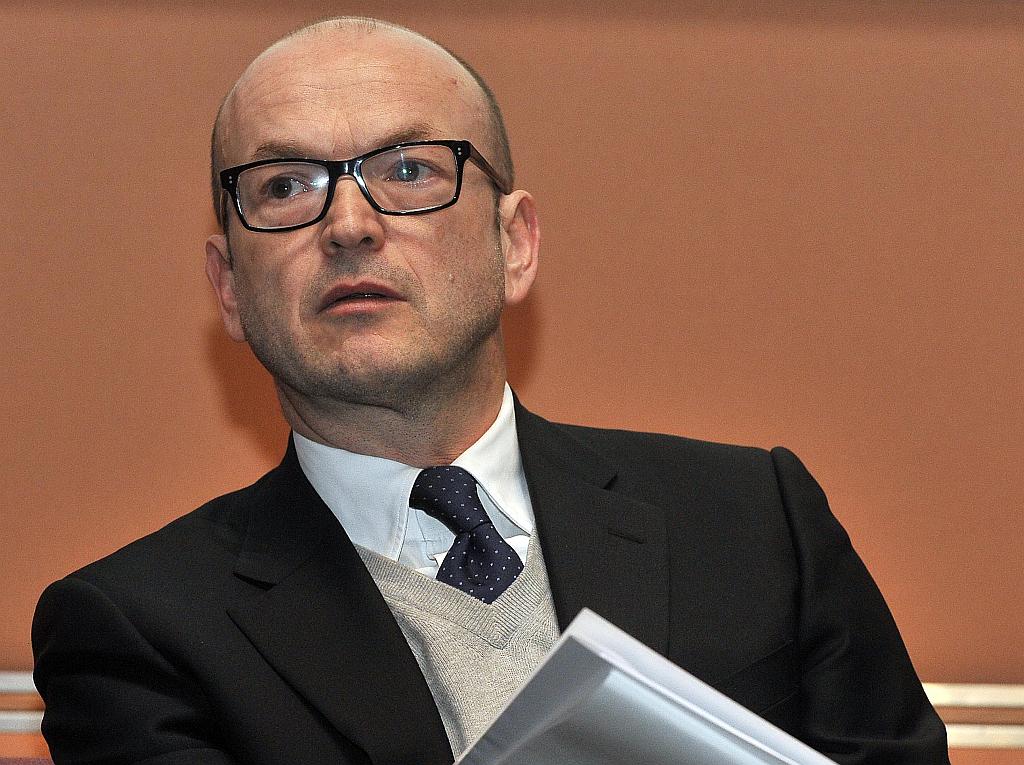Although central banks are overburdened with heightened expectations, they have plenty of firepower left, as the remarkable innovations in monetary policy in recent years have proved, Jazbec, Slovenia's central bank chief, told Reuters.
Fighting ultra-low inflation, the ECB has introduced unprecedented stimulus in recent years. Chief among them is its programme of buying 80 billion euros ($89.92 billion) of bonds a month, to pump money into the economy.
Last week, the ECB said it was examining options to keep its asset purchases going, which markets took as a signal that even more easing may be coming. "Our policies are aimed at the real problem, they are calibrated with the right sense of measure and they are obviously working," Jazbec said in an interview. "We are only talking about the modality of changes and the extent of the changes, but the direction is right."
It was too early to conclude if more measures were needed, Jazbec said, but the ECB was not even close to its limits, despite relying on untested, unconventional measures.
"The latest forecasts and data confirm that the scope and pace of our decisions have been appropriate," said Jazbec, who is considered a moderate on the council and is seen by some as a potential swing voter. "There is plenty of room to manoeuvre; I'm not worried we would not be able to find the tools, if needed."
But with inflation undershooting the ECB's target of just under 2 percent for well over three years, the risk is growing that businesses and households will lose confidence in the ECB's policies, perpetuating ultra-low inflation and increasing the risk of deflation.
Even if the bank is getting little if any help from fiscal policy, it is now considering changes to its asset purchases that could expand the 1.74 trillion euro programme.
"The possible changes have already been discussed in public: change in the deposit rate floor, capital key changes, extension of the programme, or the issue limit," Jazbec said. "They are all options being discussed on the committee level to prepare the Governing Council to make the most appropriate decision." Abandoning the so called capital key - keeping the size of purchases in proportion to the size of each country's economy - is among the most controversial proposals on the table. Germany's Bundesbank has already argued against the move .
The other proposals would let the ECB buy bonds yielding less than its minus 0.4 percent deposit rate or buy an even bigger share of a certain bond.
The changes are under consideration because the ECB is running out of assets to buy, limiting its room to manoeuvre before the asset purchases are scheduled to end, in March 2017. A six-month extension of the scheme, fully priced in by markets, would require the bank to increase the eligible pool of assets.
But markets were getting ahead of themselves, Jazbec said. They are becoming too impatient with monetary policy, which tends to work with large lags.
"The trend in inflation prospects, based on our forecasts, is encouraging," he said. "Whether a decision is made or not made (in the coming months) depends on our understanding of data and information.".


































































